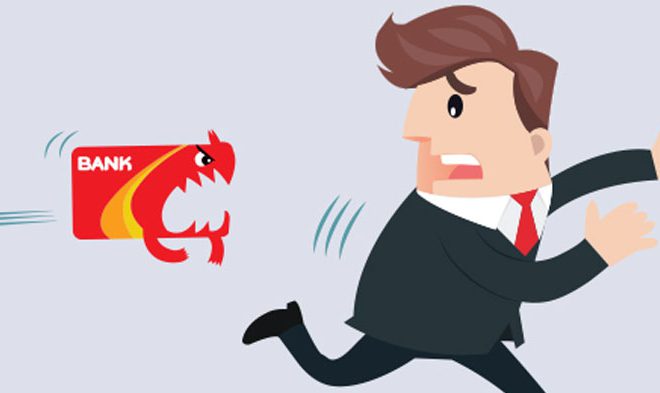Understanding debt – what you should know before you borrow
Nearly all of us will deal with debt at some point during our lives. Credit is so readily available to us encouraging us to buy with money that we do not necessarily have. Debt often begins to accumulate during early adulthood with car loans and student loans, and very often continues with home loans, family expenses and medical bills. It’s therefore important that you understand how debt works, and the terms of your debt agreement.
What is debt?
Debt is defined as “the state of owing something” and in most cases that “something” is money.
What is the difference between a debtor and a creditor?
A person who borrows money and has to pay the money back is called a debtor while the person who lends the money is known as a creditor. Before debt can be obtained, an agreement must be reached by the debtor and creditor about how the debt will be repaid.
What is interest?
Interest is the fee charged by the lender to the borrower of the money. It is generally calculated as a percentage of the amount of the debt per year, known as an interest rate. Interest is paid at different intervals, such as monthly or semi-annually, depending on the agreement.
For example: A 10% interest per annum (per year), means that if you borrowed R1,000 for one year, you would have to pay interest of R100 at the end of the year, as well as the R1,000 that you borrowed. The longer you take to pay off the debt, the more interest you will pay.
Interest rates can change so make sure that you can afford higher repayments should they change. In South Africa, the Prime lending rate, which is the average rate of interest charged on loans by major commercial banks to private individuals and companies, is currently 9.25%.
How are debts repaid?
There are three main ways in which to pay back debt.
- The entire debt, plus interest, is due at the maturity of the loan – this is at the end of the loan period. This means that the entire amount borrowed, plus interest, must be paid in full on the date decided on in the agreement between lender and borrower.
- The entire debt, plus interest, is broken down over multiple periods during the term of the loan. This means that the amount owed, including the interest, can be paid in installments, for example, monthly.
- The loan may be paid partially over multiple periods, with the remaining amount due as a large “balloon payment” at maturity plus interest.
You’ve been blacklisted. What now?
Most people only realise they are blacklisted when they apply for credit. A credit provider is very unlikely to give you more money if you have unpaid bills. The word “blacklisted” can mean a variety of things, from having an account in arrears, to having a financial judgment against you. If you have fallen behind in payments, i.e. your account is in arrears, then your credit record will show this, but no legal action has been taken. At this stage, you are able to approach your credit provider and make an arrangement to settle the debt.
If you can’t make an alternative payment arrangement, the company that’s lent you the money can then hand you over to a debt collector or lawyer who will take legal action against you to get the money back. Your credit record will say “handed over”. If this happens you will end up paying much more than your initial debt amount because of additional interest and legal charges.
Even if you pay your debts, your negative listing will remain on your record for at least two years, but it will show as “paid off”.” Once you have a paid-up letter, you need to send this to the credit bureau, to ensure that they update your status to paid-up.
Consider a debt consolidation loan if you have many debts
If you have lots of debts that are spiralling out of control, a debt consolidation loan can help. Essentially this is one loan that you take out to cover all your individual debts, meaning you only pay one monthly instalment. This can help you reduce collective interest rates and pay a lower rate overall.
For more information on debt consolidation loans you can visit www.moneyshop.co.za/money/debt-consolidation-loans/
MoneyShop





